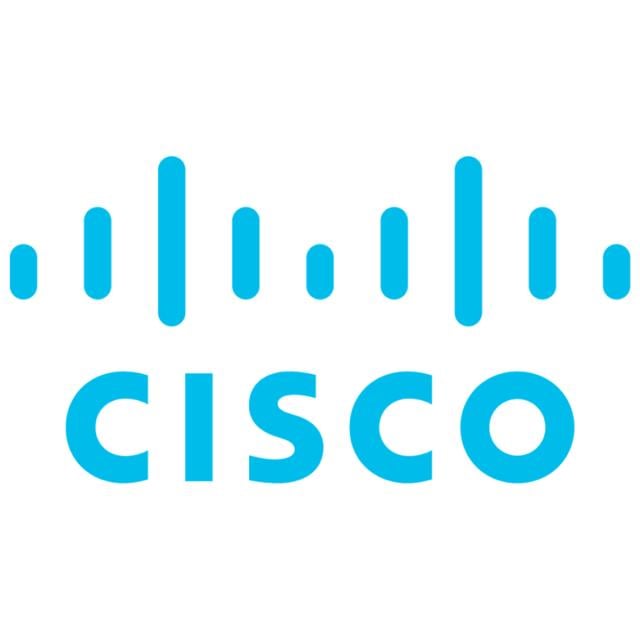MOOC List is learner-supported. When you buy through links on our site, we may earn an affiliate commission.

MOOC List is learner-supported. When you buy through links on our site, we may earn an affiliate commission.
Course 4 of 7 in the Cybersecurity Operations Fundamentals Specialization.
By the end of the course, you will be able to:
• Explain the data that is available to the network security analysis •Describe the various types of data used in monitoring network security
• Describe the deployment and use of SIEMs to collect, sort, process, prioritize, store, and report alarms
• Describe the functions of SOAR platforms and features of Cisco SecureX
•Describe the Security Onion Open Source security monitoring tool
• Explain how packet capture data is stored in the PCAP format and the storage requirements for full packet capture.
• Describe packet capture usage and benefits for investigating security incidents • Describe packet captures using tools such as Tcpdump
• Describe session data content and provide an example of session data
•Describe transaction data content and provide an example of transaction data z
• Describe alert data content and provide an example of alert data
•Describe other types of NSM data (extracted content, statistical data, and metadata)
•Explain the need to correlate NSM data and provide an example
•Describe the Information Security CIA triad
• Understand PII as it relates to information security
• Describe compliance regulations and their effects on an organization
• Describe intellectual property and the importance of protecting it
• Use various tool capabilities of the Security Onion Linux distribution
To be successful in this course, you should have the following background:
1. Skills and knowledge equivalent to those learned in Implementing and Administering Cisco Solutions (CCNA) v1.0 course
2. Familiarity with Ethernet and TCP/IP networking
3. Working knowledge of the Windows and Linux operating systems 4. Familiarity with basics of networking security concepts.
Syllabus
WEEK 1
Exploring Data Type Categories
If you are an associate-level cybersecurity analyst who is working in security operation centers, this course will help you explore data type categories in context to network security analytics. By the end of the course, you will be able to: • Explain the data that is available to the network security analysis •Describe the various types of data used in monitoring network security • Describe the deployment and use of SIEMs to collect, sort, process, prioritize, store, and report alarms • Describe the functions of SOAR platforms and features of Cisco SecureX • Describe the Security Onion Open Source security monitoring tool• Explain how packet capture data is stored in the PCAP format and the storage requirements for full packet capture.• Describe packet capture usage and benefits for investigating security incidents • Describe packet captures using tools such as Tcpdump • Describe session data content and provide an example of session data• Describe transaction data content and provide an example of transaction data • Describe alert data content and provide an example of alert data• Describe other types of NSM data (extracted content, statistical data, and metadata)• Explain the need to correlate NSM data and provide an example• Describe the Information Security CIA triad • Understand PII as it relates to information security • Describe compliance regulations and their effects on an organization • Describe intellectual property and the importance of protecting it • Use various tool capabilities of the Security Onion Linux distribution To be successful in this course, you should have the following background: 1. Skills and knowledge equivalent to those learned in Implementing and Administering Cisco Solutions (CCNA) v1.0 course 2. Familiarity with Ethernet and TCP/IP networking 3. Working knowledge of the Windows and Linux operating systems 4. Familiarity with basics of networking security concepts.
WEEK 2
Understanding Basic Cryptography Concepts
If you are an associate-level cybersecurity analyst who is working in security operation centers, this course will help you understand Basic Cryptography Concepts By the end of the course, you will be able to: • Describe the impact of cryptography on security investigations • Describe cryptography concepts • Describe hashing mechanisms and algorithms • Describe encryption usage and features • Describe the use of cryptanalysis to break codes to decipher encrypted data • Describe the use of symmetric encryption algorithms • Describe the use of asymmetric cryptographic algorithms • Describe the Diffie-Hellman (DH) key agreement and DH groups• Describe the uses of the SSH protocol• Describe the basic security services offered with the use of digital signatures• Describe PKI components and use • Describe PKI operations • Describe a use case for SSL/TLS • Describe cipher suite concepts• Describe key management for the secure generation, verification, exchange, storage, and destruction of keys • Describe NSA Suite B cryptographic algorithms • Work with various cryptographic technologies such as public-key infrastructure (PKI), digital signatures, asymmetric encryption, and hashing • Describe the basic concepts and uses of cryptography. To be successful in this course, you should have the following background: 1. Skills and knowledge equivalent to those learned in Implementing and Administering Cisco Solutions (CCNA) v1.0 course 2. Familiarity with Ethernet and TCP/IP networking 3. Working knowledge of the Windows and Linux operating systems 4. Familiarity with basics of networking security concepts.
MOOC List is learner-supported. When you buy through links on our site, we may earn an affiliate commission.
MOOC List is learner-supported. When you buy through links on our site, we may earn an affiliate commission.
